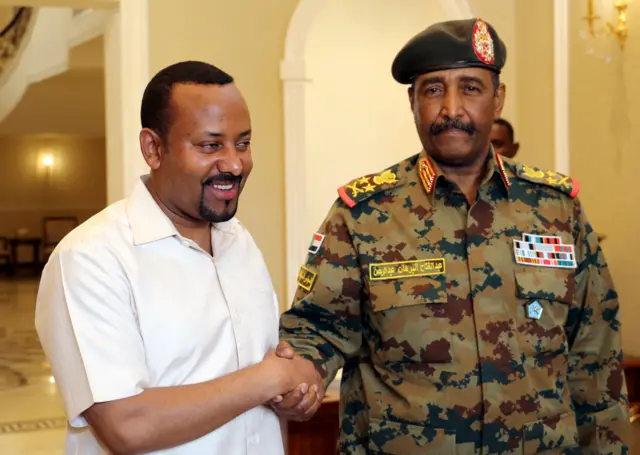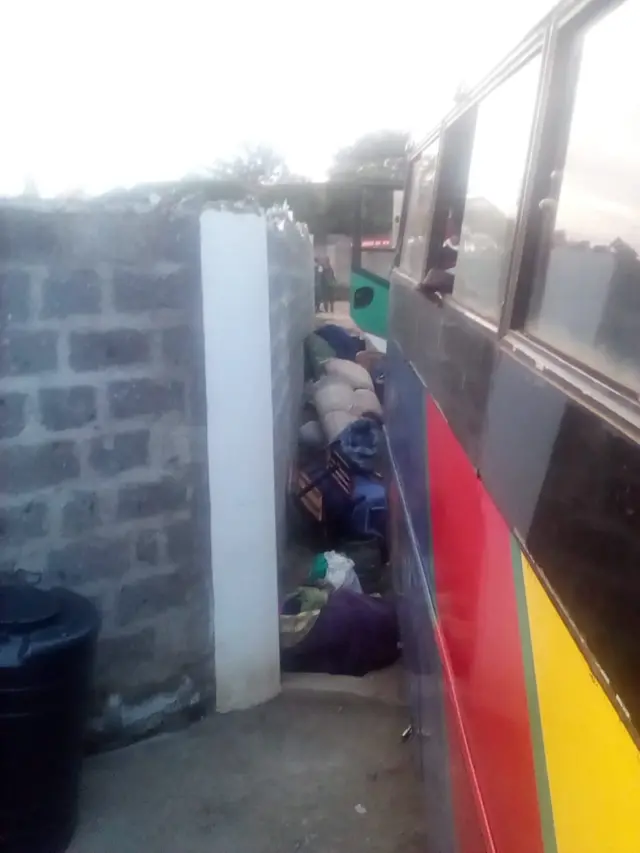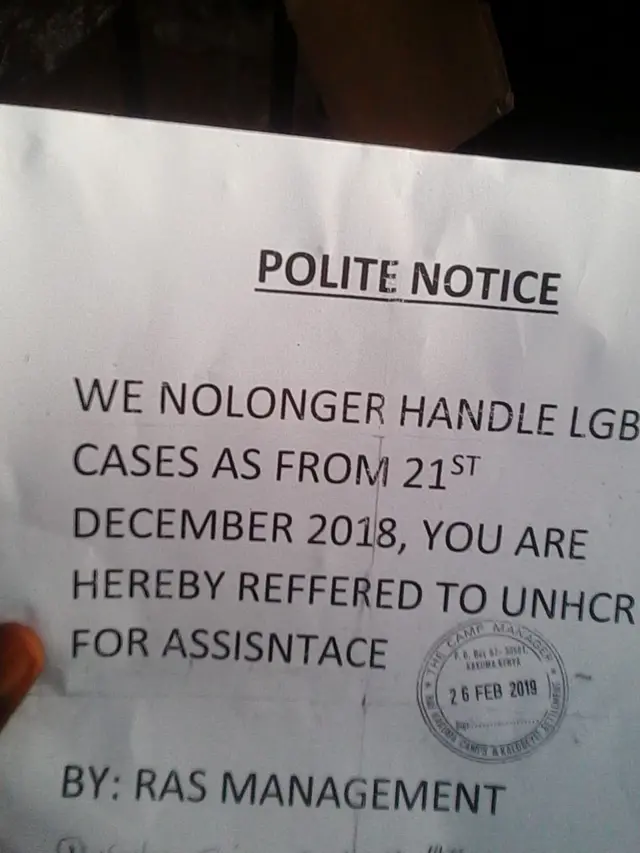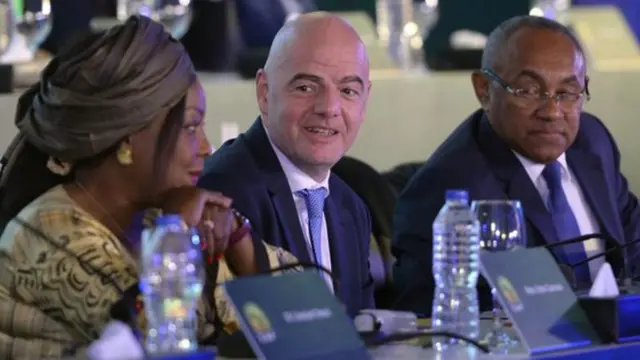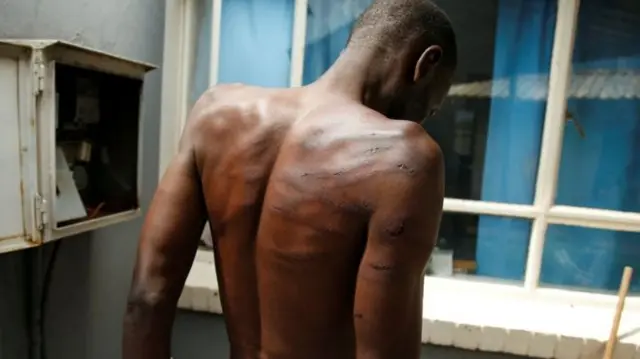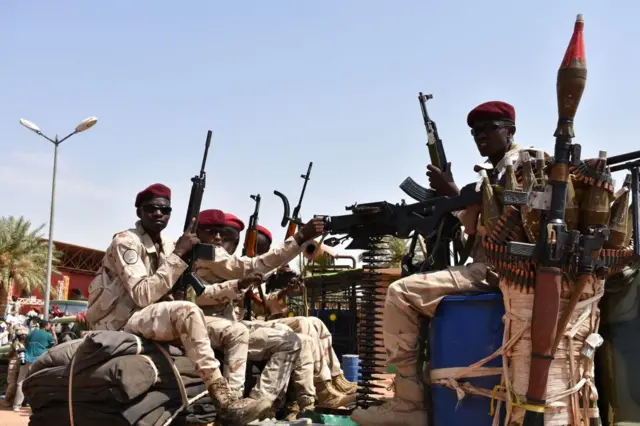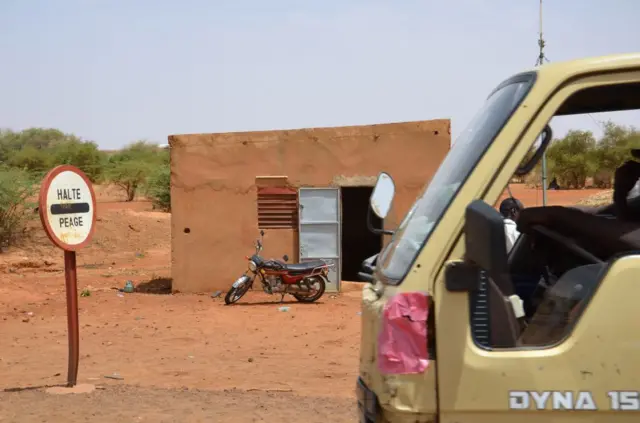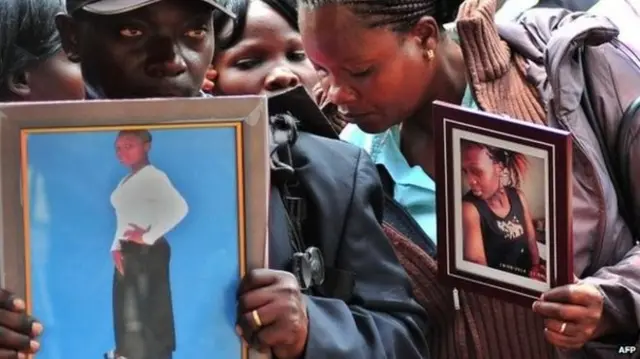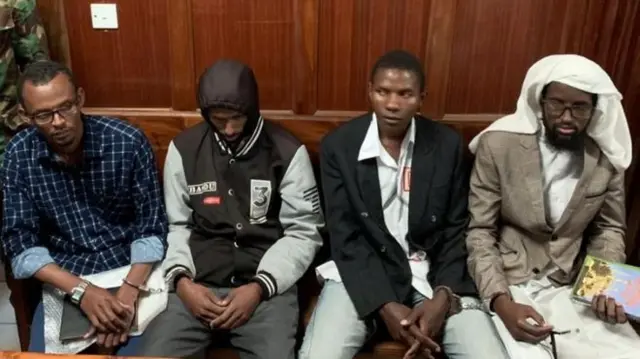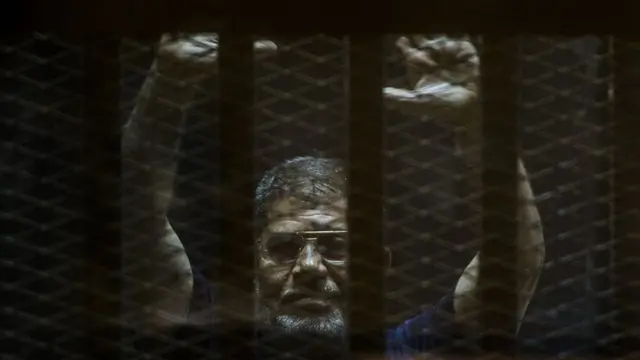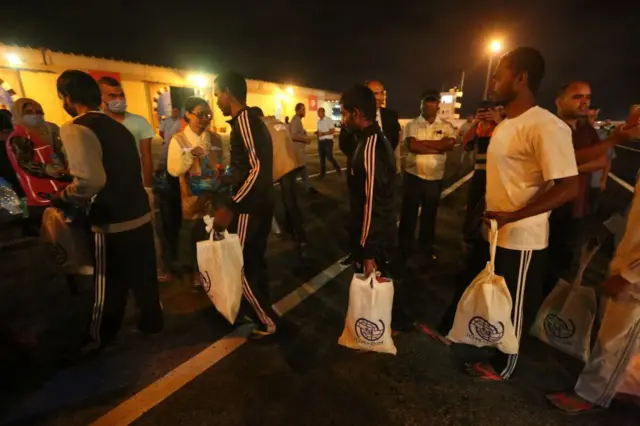Kenyan soldier missing after attack turns up alivepublished at 10:15 BST 20 June 2019
A Kenyan soldier who had been missing since an attack in the north-east of the country on Saturday has turned up alive.
Eight soldiers were killed, two were injured and two were missing after their vehicle hit a roadside bomb near the Somali border.
No-one admitted to planting the explosives.
The soldier who has been found ran away from the blast site and was helped by some local Kenyan-Somalis. They say that they dressed him up to appear as an ethnic Somali in order to protect him.
There is no word about the second missing soldier.
At the weekend, unnamed officials told AFP news agency that the security forces had been pursuing suspected al-Shabab Islamist militants fighting Somalia's government and its backers, including Kenya.
The al-Qaeda-linked group has been trying to overthrow the Somali government for years.

